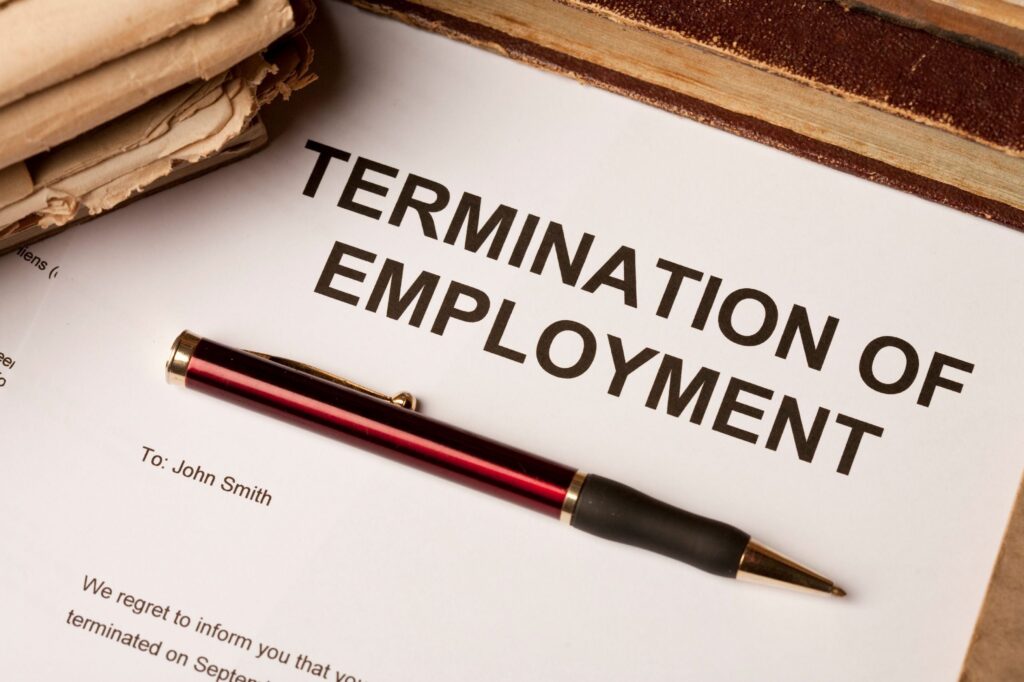Working from home has allowed many office-based businesses to maintain productivity during this past year of COVID-19 restrictions.
Working from home, for most businesses, started out as a temporary arrangement. But, now many employees want to continue working from home.
Many of us in the HR world expect that employers will spend a lot of 2021 dealing with work from home requests.
Do employees have a legal right to work from home?
The first thing to note is that as the law stands, employees don’t have a legal entitlement to work from home. However, that may change by the end of 2021. So, it’s up to you, the employer, to decide whether working from home can work in your business.
That said, we have to take the prevailing circumstances into account. It seems inevitable that employees will be making more and more work from home requests.
Thus, employers who put a homeworking policy in place will be in a much better position to handle employee work from home requests. This will put you in a good position to deal with each individual request. It should also boost your business from an employee relations perspective.
Begin with a policy
The best place to start is to put a written policy in place. This will set out the details of how requests for home working arrangements will operate, any eligibility requirements, and how requests are assessed.
The policy needs to include consideration of your business operations and the role of employees within those operations. Certain roles must be carried out on-site meaning not all employees would be eligible for consideration. For that reason, the policy should reserve your right to refuse requests for objectively justifiable operational reasons.
Consideration of a request
Some of the issues you’ll need to consider as part of determining a work from home request include:
- Health & safety obligations around allowing the employee to work from home.
- How the arrangement would impact your business needs and the needs of clients/customers.
- The employee’s role in terms of how much supervision is needed.
- The costs of setting up a home workstation.
- IT and Data Protection implications.
Part of the consideration process could include a trial period to see how the proposed homeworking setup would work in practice. A trial run is a useful exercise before making a final decision.
Keep detailed documentation
Document the entire process. If you have to refuse a request, the reasons for the refusal should be written down. The notes should say that you considered the request and justification for the refusal. If you turn down the request, communicate the refusal and reasoning to the employee in writing.
Do I need to update the employee’s contract?
If you allow the employee to work from home, yes, you’ll need to review their contract of employment.
It’s a good idea to confirm in the contract that work from home arrangements are subject to continual review. This type of clause will reserve your right to bring the employee back to the office full-time as the needs of the business dictate.
Hybrid solutions
We expect a lot of businesses to move to a more hybrid mixture of office and homeworking in the next 12 months. Being ready to handle work from home requests from staff could be a great way to keep your staff happy and future-proof your business.
Need our help?
For further advice on work from home requests, speak to an expert now on 01 886 0350 or request a callback here.








